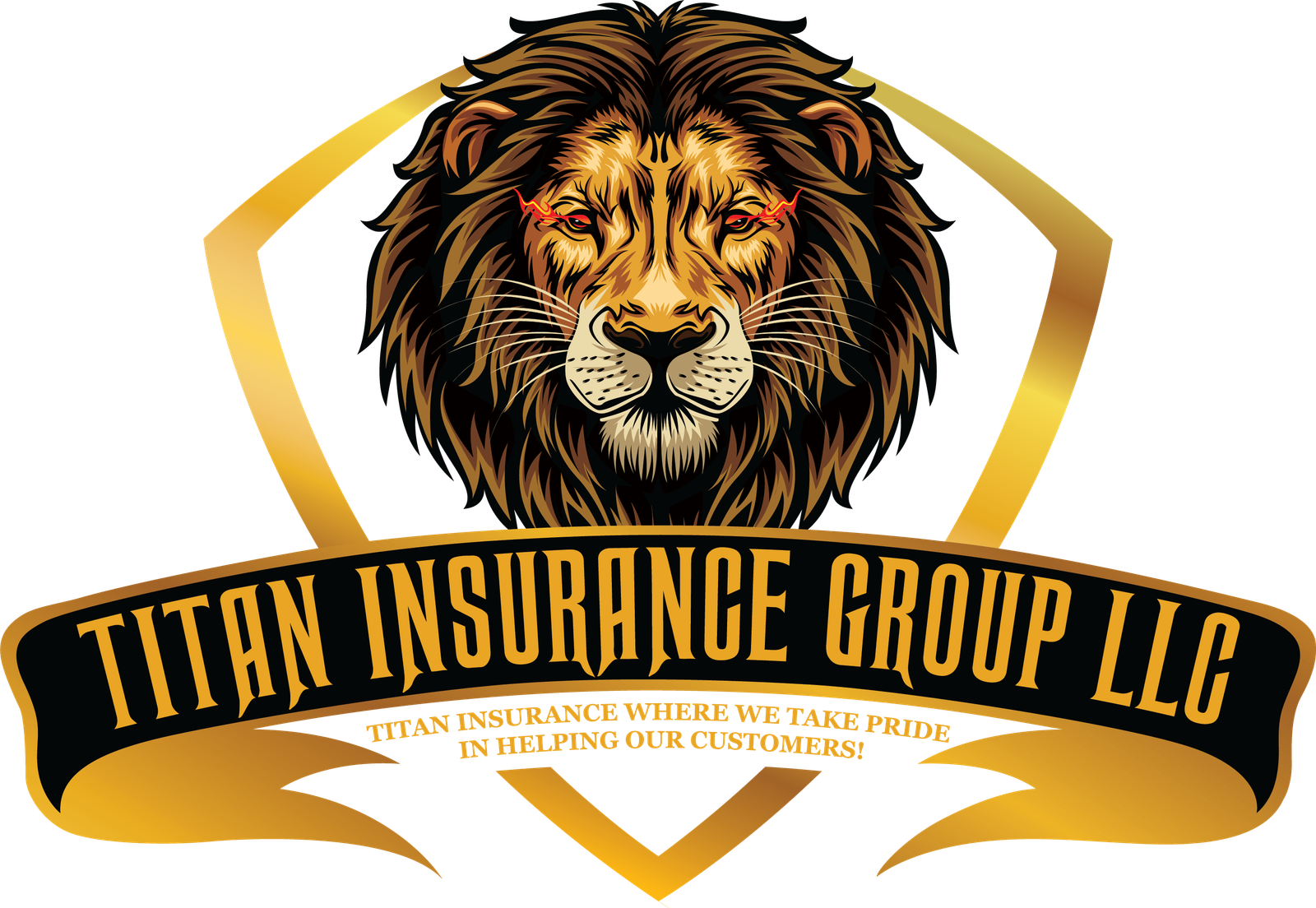
Starting a small business can be an exciting and rewarding venture. As an entrepreneur, you invest your time, energy, and resources into building something meaningful. However, amidst the excitement, it’s crucial not to overlook the importance of protecting your small business with the right insurance coverage.
Why is Business Insurance Crucial for Small Business Owners?
Running a small business comes with inherent risks. From property damage to legal liabilities, unforeseen events can disrupt your operations and put your hard-earned investment at risk. That’s where business insurance comes in.
Business insurance is designed to safeguard your small business from a variety of risks and uncertainties. It provides financial protection, ensuring that you are not left to bear the full burden of unexpected events. Here are some compelling reasons why business insurance is crucial for small business owners:
1. Protection Against Property Damage and Loss
Whether you operate from a physical location or work remotely, your business assets are valuable. Property insurance offers coverage for your office space, equipment, inventory, and other physical assets. In the event of a fire, theft, or natural disaster, having property insurance can help you recover and get back on your feet.
2. Liability Coverage
As a small business owner, you may face potential legal liabilities. Liability insurance protects you from claims and lawsuits filed by third parties for bodily injury or property damage caused by your business operations or products. It helps cover legal fees, settlements, and judgments, which can otherwise be financially devastating for your business.
3. Business Interruption Coverage
Unforeseen events such as a fire, flood, or other disasters can disrupt your business operations. Business interruption insurance provides coverage for lost income and ongoing expenses during the period of interruption. It helps you stay afloat and maintain financial stability while you get your business back on track.
4. Employee Protection
If you have employees, their well-being should be a top priority. Workers’ compensation insurance provides coverage for medical expenses and lost wages in the event of work-related injuries or illnesses. It not only protects your employees but also shields your business from potential lawsuits related to workplace injuries.
5. Peace of Mind
Running a small business is challenging enough without having to constantly worry about unforeseen events. Having the right insurance coverage gives you peace of mind, knowing that you are protected against potential risks. It allows you to focus on growing your business and serving your customers without unnecessary distractions.
Types of Business Insurance Coverage
Now that you understand the importance of business insurance, let’s explore some of the essential types of coverage for small businesses:
1. General Liability Insurance
General liability insurance provides coverage for third-party bodily injury, property damage, and advertising injuries. It protects your business from lawsuits and claims related to accidents that occur on your premises or as a result of your business operations.
2. Property Insurance
Property insurance covers physical assets such as buildings, equipment, inventory, and furniture from damage or loss due to fire, theft, vandalism, or natural disasters.
3. Professional Liability Insurance
Professional liability insurance, also known as errors and omissions insurance, is essential for service-based businesses. It protects against claims of negligence, errors, or omissions that may arise from professional services provided.
4. Cyber Liability Insurance
In today’s digital age, cyber threats are a real concern for small businesses. Cyber liability insurance provides coverage for data breaches, cyber-attacks, and other cyber-related incidents that can result in financial loss or reputational damage.
5. Business Owner’s Policy (BOP)
A Business Owner’s Policy (BOP) combines multiple coverage types into a single package, providing comprehensive protection for small businesses. It typically includes general liability insurance, property insurance, and business interruption insurance.
It’s important to note that the insurance needs of every small business are unique. Consulting with an experienced insurance agent or broker can help you assess your specific risks and determine the appropriate coverage for your business.
Conclusion
As a small business owner, protecting your investment should be a top priority. Business insurance provides the necessary safety net to mitigate risks and ensure the continuity of your operations. From property damage to legal liabilities, the right insurance coverage can make all the difference in safeguarding your small business. Take the time to assess your insurance needs and consult with professionals to find the best coverage options for your specific business.
















